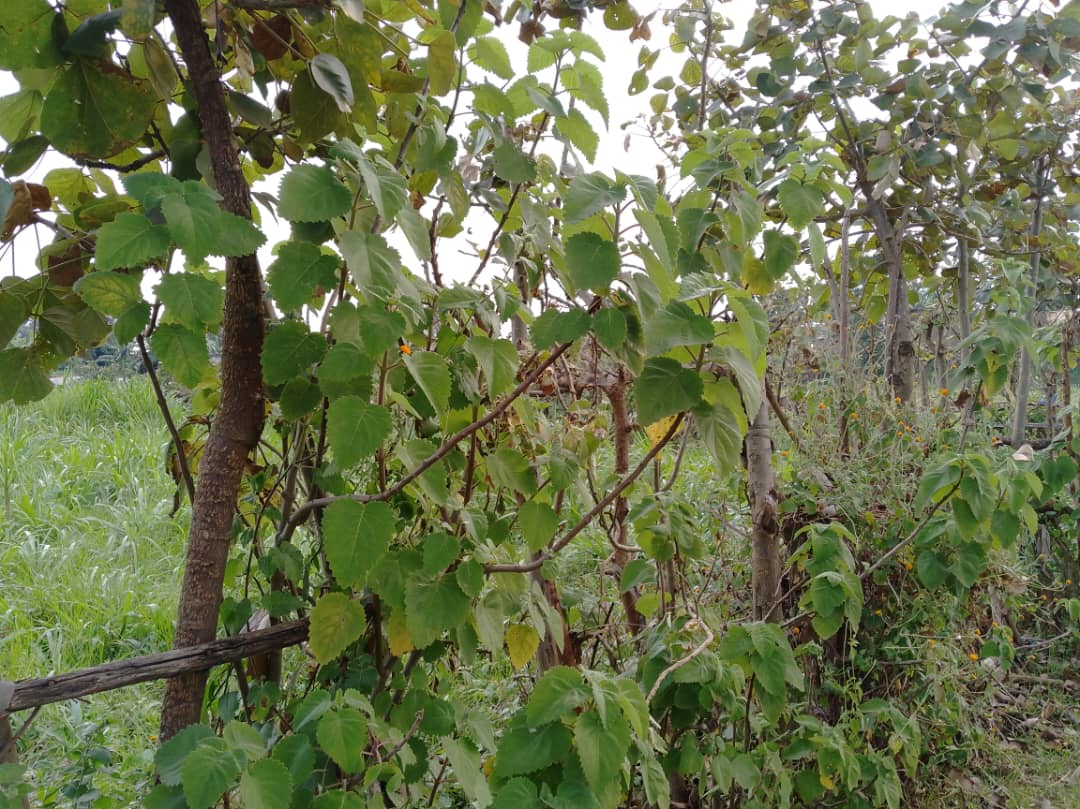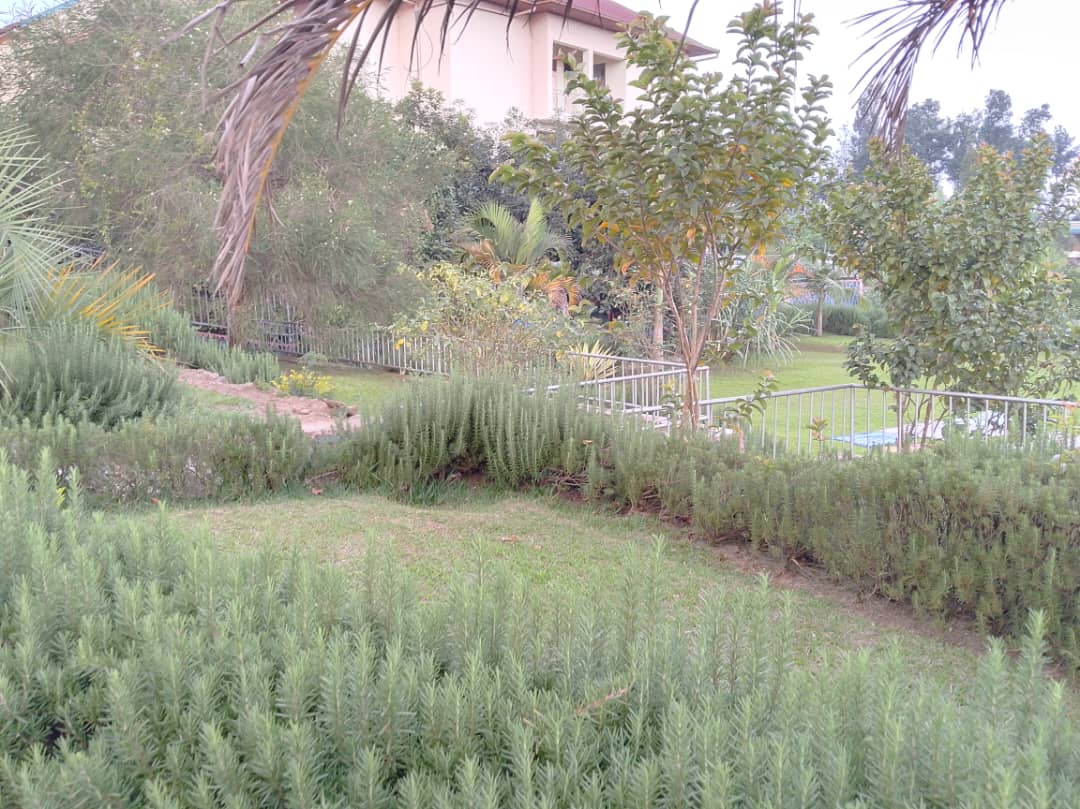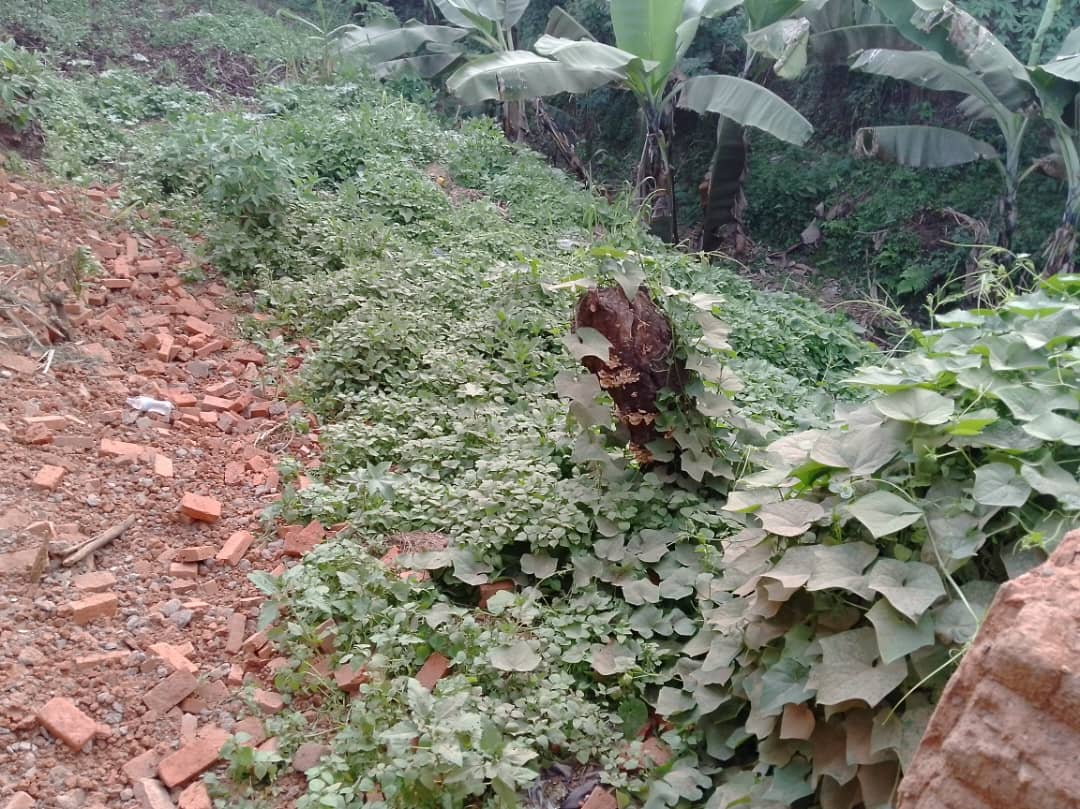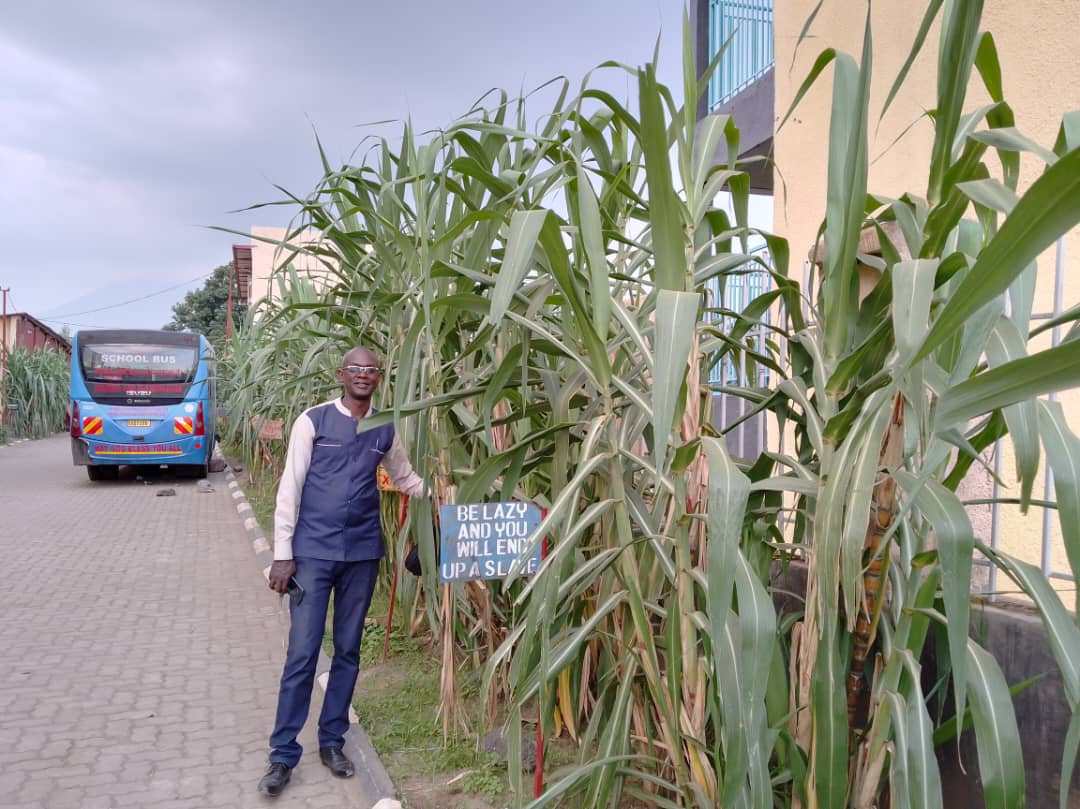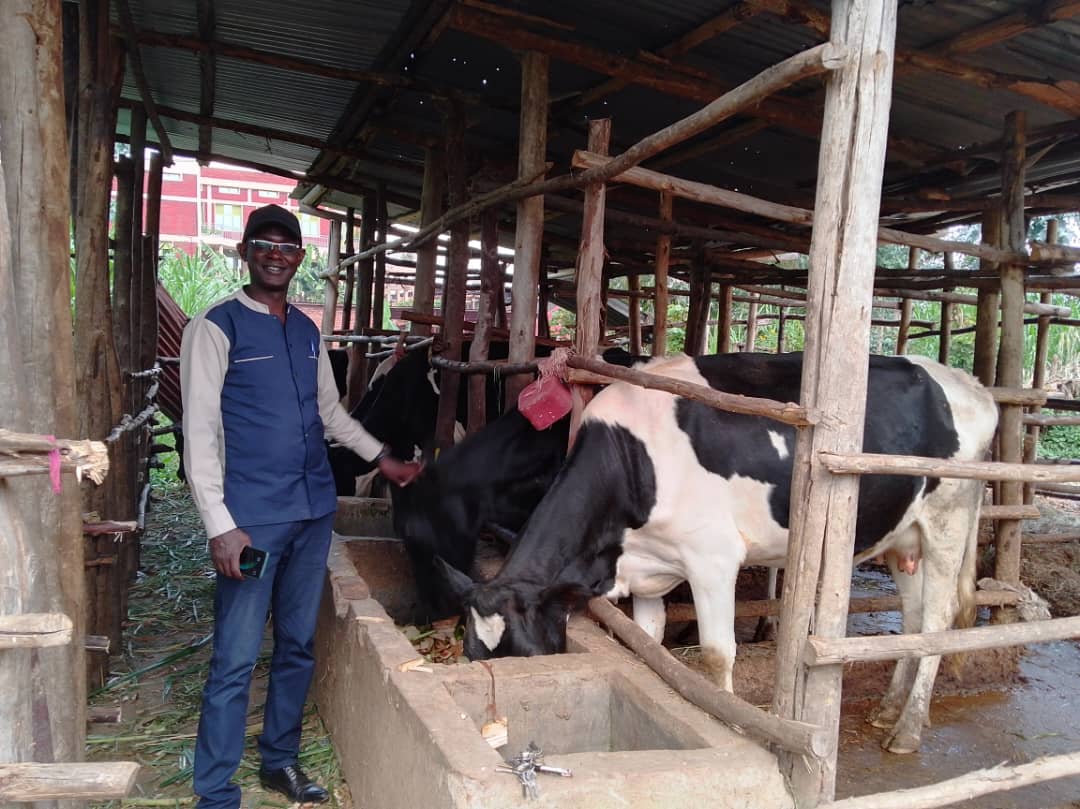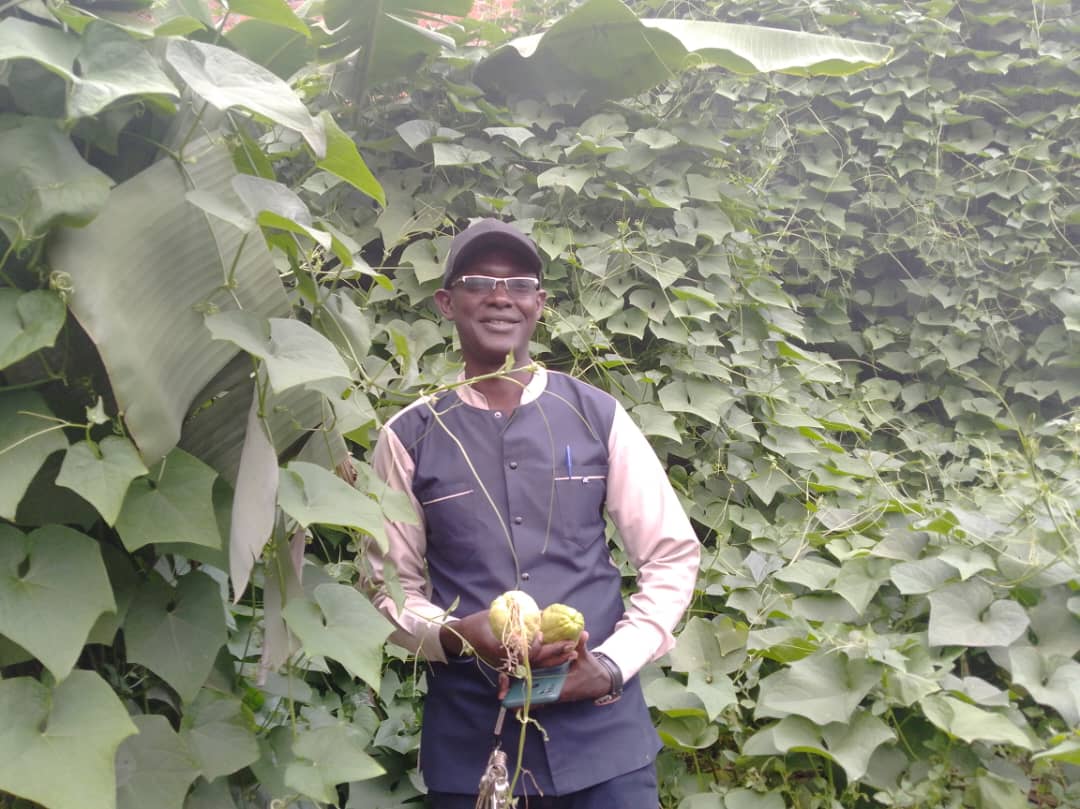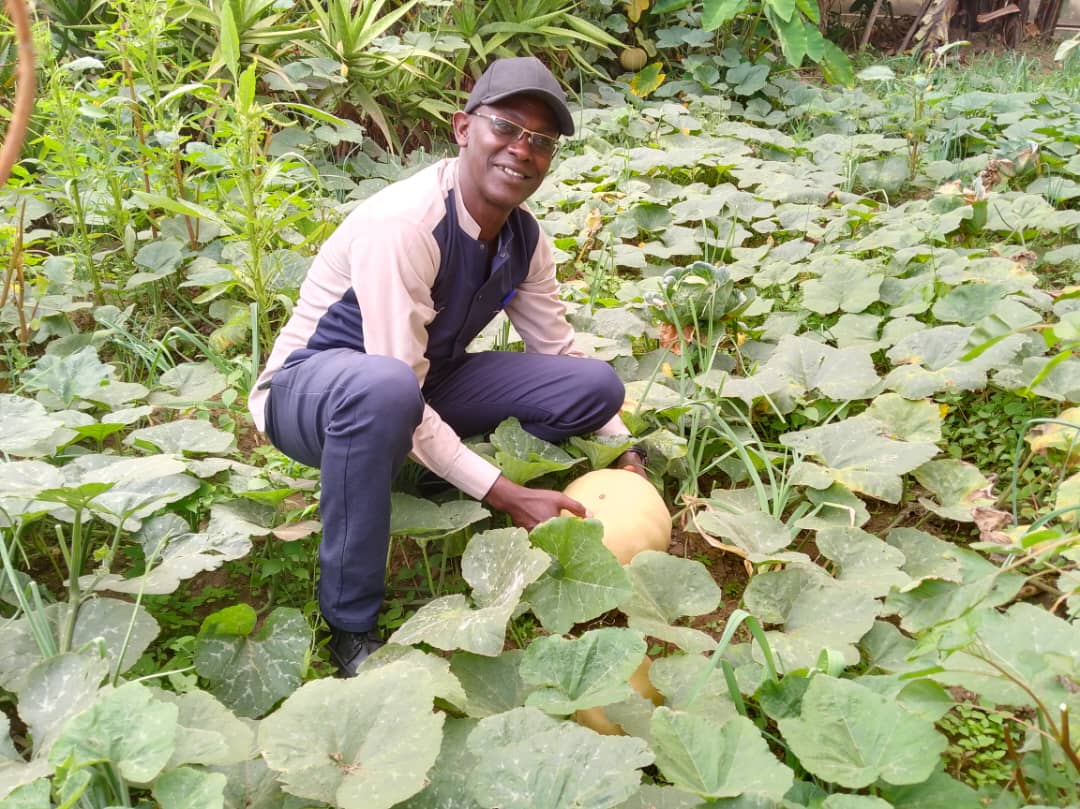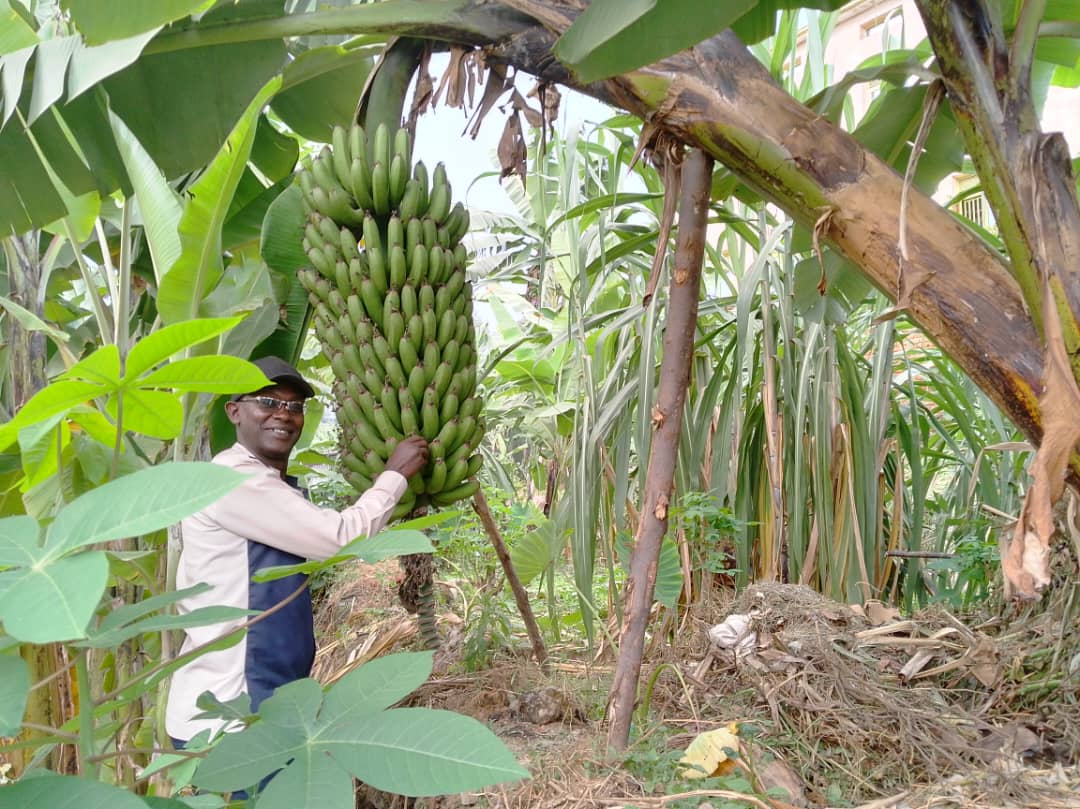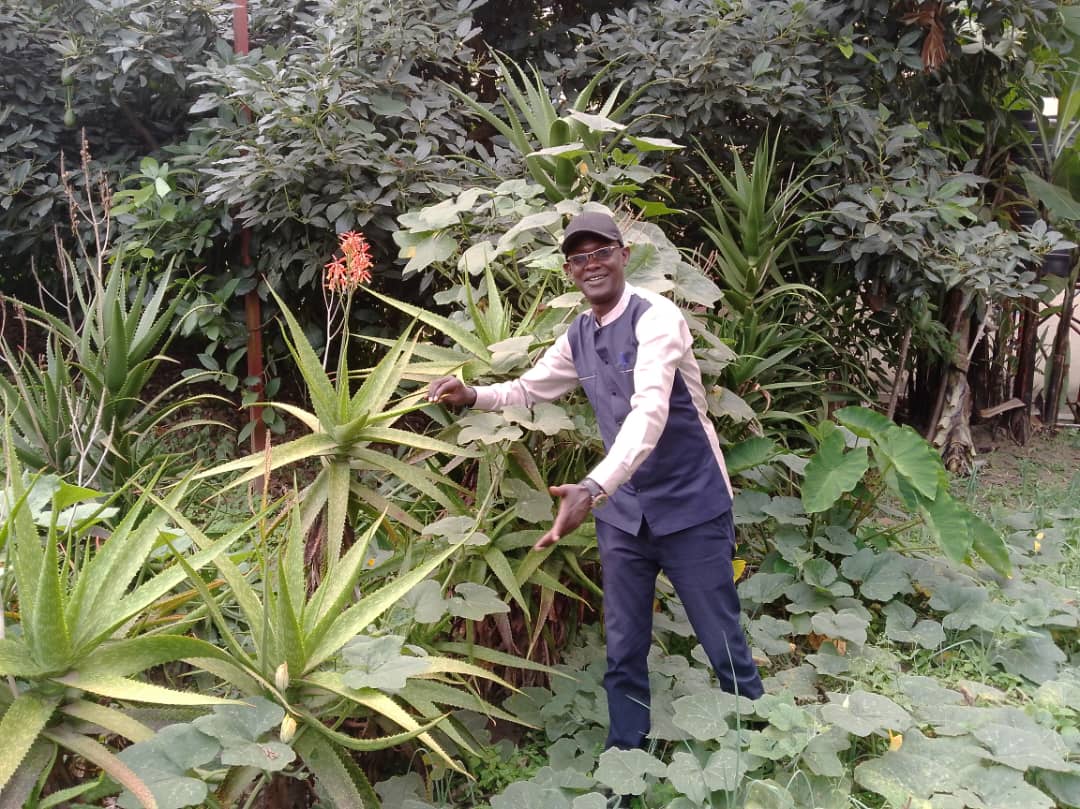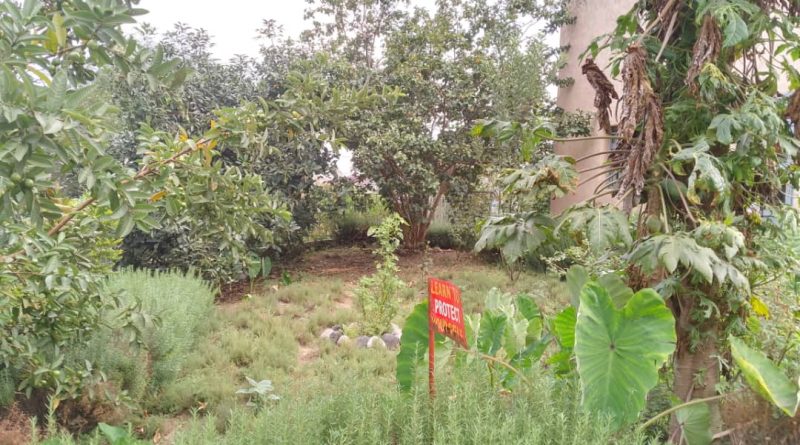Wisdom School Harnesses Agroecology for Productive Gardens
Wisdom School, situated in Musanze District, has adopted agroecology for its agriculture and livestock farming, achieving substantial and sustainable yields.
In the school’s gardens and surrounding fields, they have planted a variety of fruit trees intercropped with vegetables, tubers, sugarcane, and medicinal plants.
Edible crops grown include vegetables, yams, pumpkins, cassava, avocado, guava, sugarcane, banana trees, and rosemary, which is known for its brain-refreshing aroma. They also grow short beans, sweet potatoes, and other crops.
This permaculture approach includes medicinal plants like aloe vera and artemisia, among other beneficial trees.
Elie Nduwayesu, the headmaster of Wisdom School, highlighted the benefits of practicing permaculture on their small-scale land.
“This idea came from the need to utilize our land effectively, cultivating a small area while achieving large yields and protecting the environment with the inclusion of trees. We chose to plant fruit trees instead of ordinary trees that deplete the soil or harm intercropped plants,” he explained.
“Many of the crops we grow here serve multiple purposes: they are edible, provide fresh air around the school, prevent erosion, and can be used medicinally. They also enhance the school’s aesthetic value,” he continued.
Elie pointed out that they avoid using synthetic fertilizers or industrial pesticides to preserve the environment, including bees and other beneficial insects.
“Everything you see here is grown using manure, which prevents soil degradation and allows us to achieve sustainable harvests. Beneficial insects help pollinate crops and decompose organic matter, ensuring a healthy ecosystem and uncontaminated food,” he said.
“Our fertilizer comes from the manure of our cows, mixed with other decomposed plants, which enriches the soil. A crop grown following agroecology principles meets quality standards because it grows in healthy soil and yields continuously. This contrasts with conventional agriculture, which may yield a large harvest in one season but depletes the soil,” Elie added.
Elie emphasized that such farming practices help prevent stunted growth in their students by providing them with clean, nutritious food.
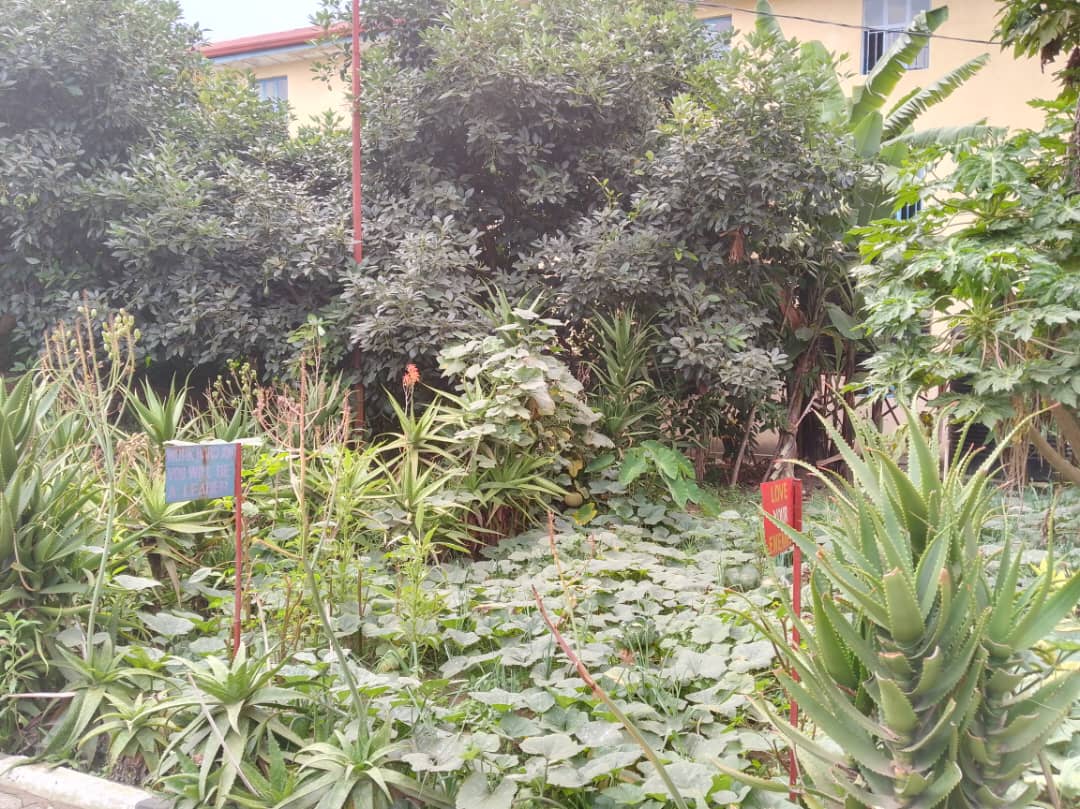
“Permaculture ensures a continuous supply of diverse foods, allowing children to access vegetables that help them grow well without stunting, fruits, and enjoy fresh air because the environment is well cared for. There are tubers that provide energy and other growth-supporting foods,” he said.
Elie urged other schools to avoid planting ornamental grass that does not provide food.
“Most schools have land; it would be better if they planted vegetables, rosemary, avocado, and other crops instead of ornamental grass. This would not only save money spent on buying food but also effectively combat erosion and drought,” he advised.
Wisdom School adopted these practices to support the government’s policy of environmental conservation and preventing child malnutrition.
Musanze District, where the school is located, started last year with 120 children suffering from malnutrition. The number has since decreased to 30. In a recent inspection, 303 more children from various sectors, particularly in Musanze sector, were found to be malnourished. Elie believes that such farming practices will help eradicate this issue.
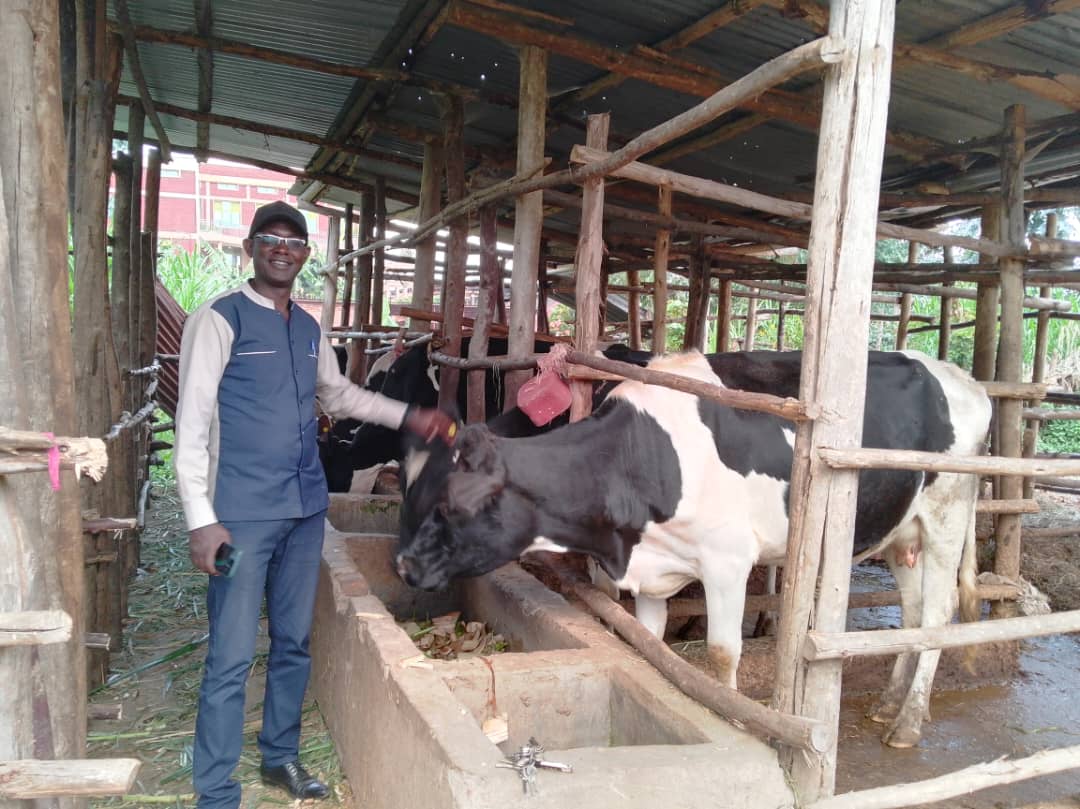
Wisdom School is an international institution currently hosting students from 12 countries: Rwanda, Central Africa, Mozambique, Uganda, Kenya, Tanzania, DR Congo, Burundi, the USA, Canada, Cameroon, and both Sudans.
